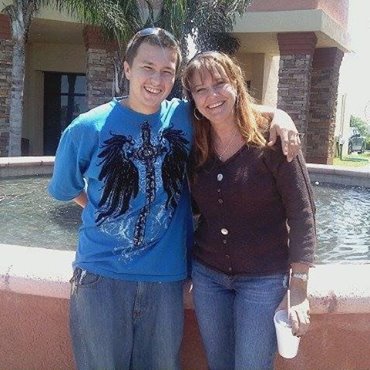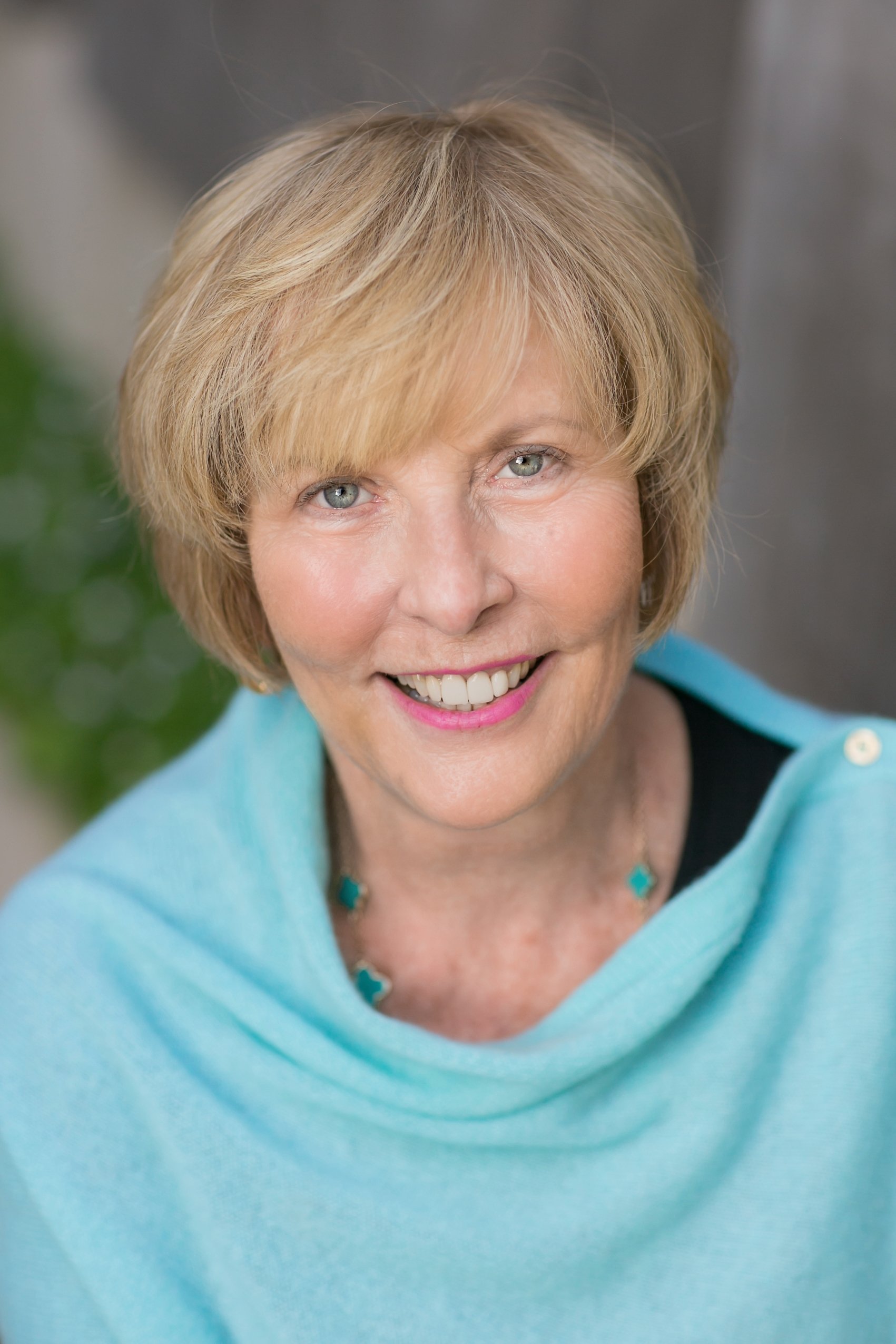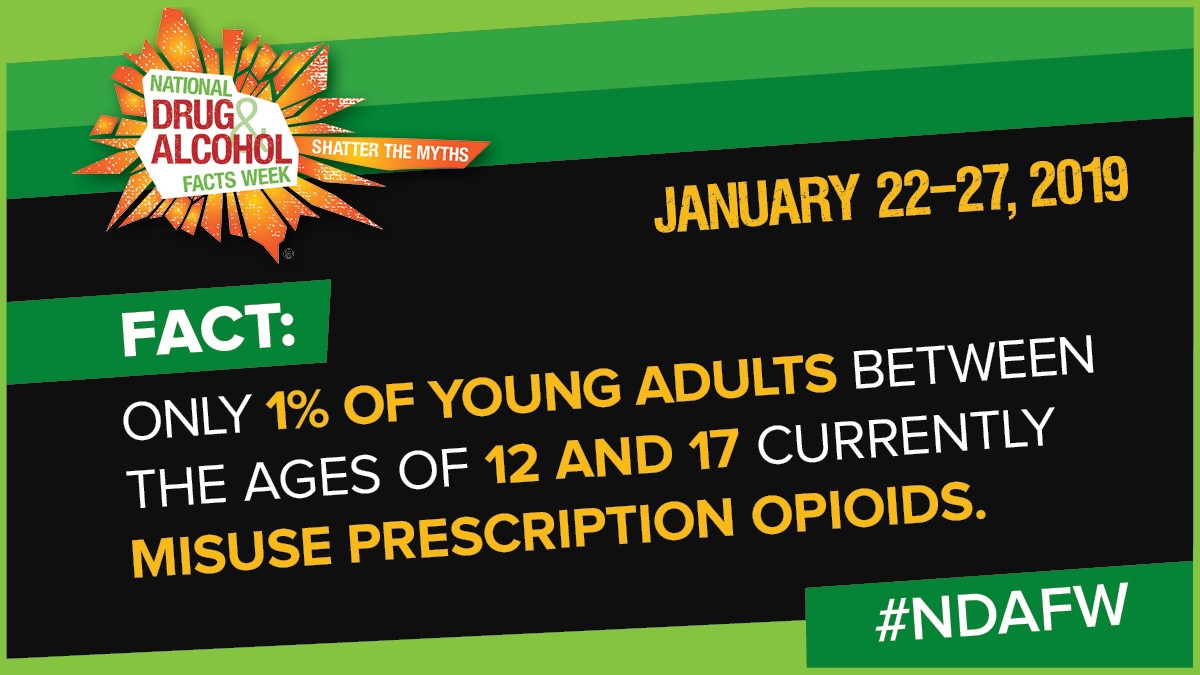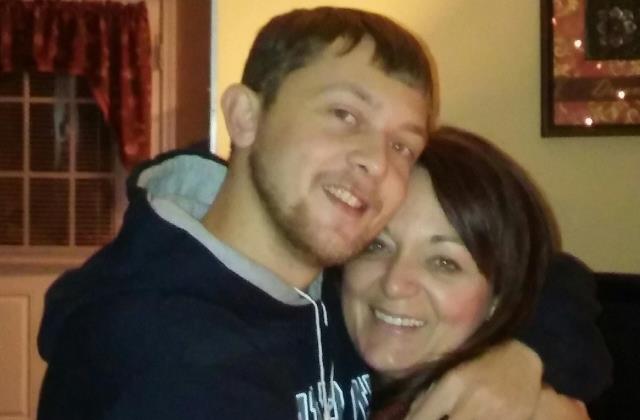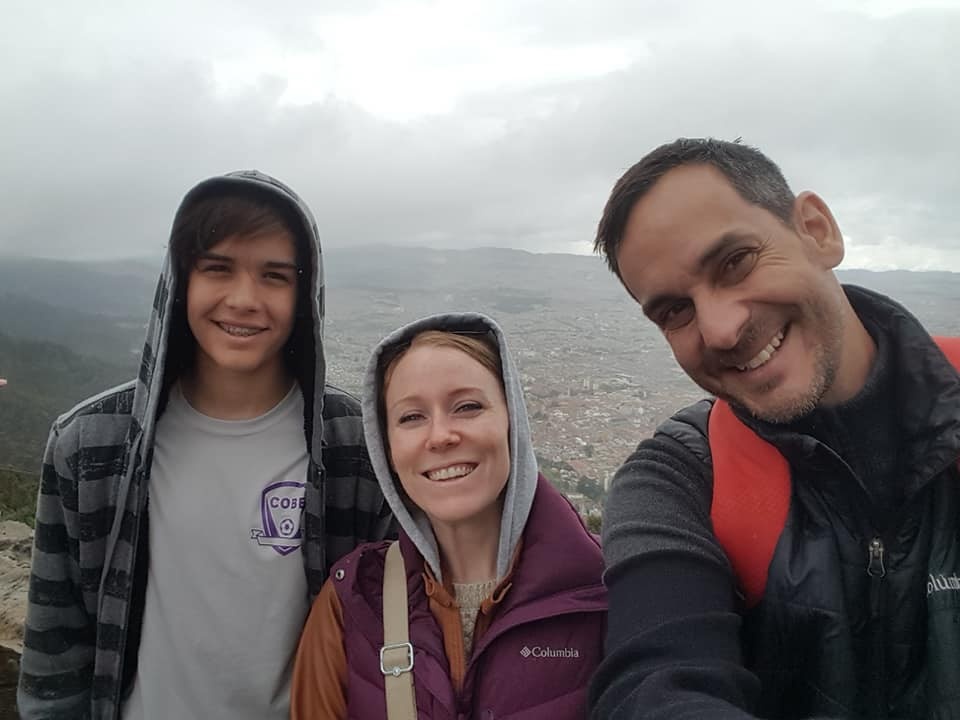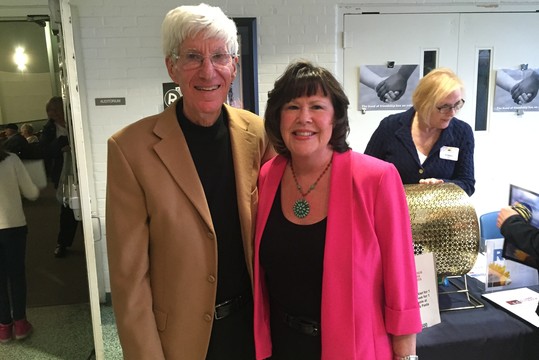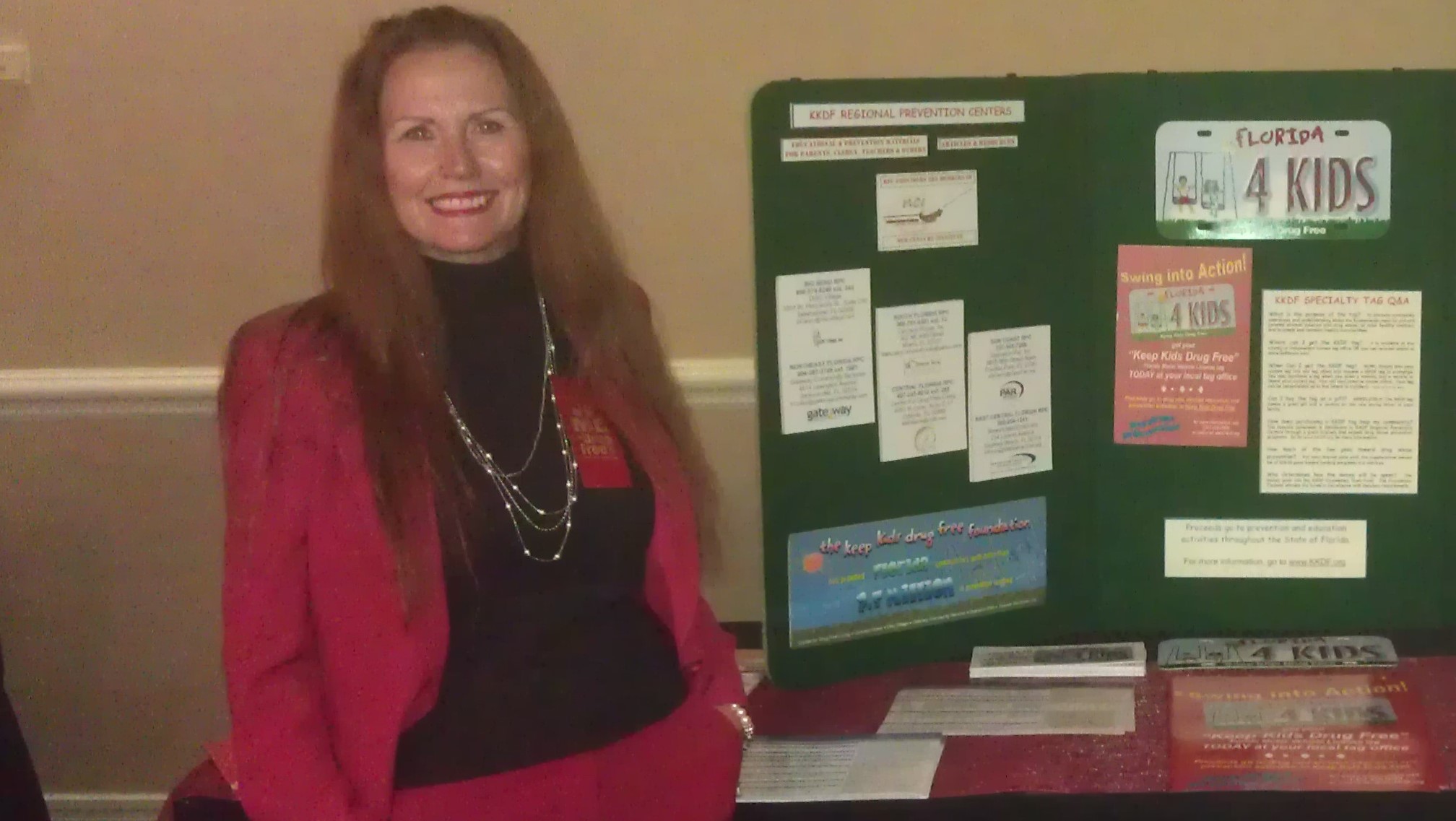Informed Families lost two cherished friends during the month of February.
Informed Families Catalyst
Topics: drug prevention, parents, grandparents
President's Message - February 2019
Posted by Peggy B. Sapp, President & CEO on February 26, 2019 at 1:11 PM
How We Pass Down Values To The Next Generation
From the moment our children are born, everything we do, every choice we make and every action we may or may not take communicates our values. Our kids are absorbing our every move, soaking up our interactions with them and with others.
We want them to learn right from wrong, how to be kind to others, how to recognize and manage their emotions and how to be honest, responsible and fair. Not only are our children more pleasant to be around when they learn these things, but they are more likely to be happy, perform well in school and become a productive members of society.
The loss of our great supporter, friend and philanthropist Betty Chapman this past week is a great reminder that we have the ability to not only pass values down to our children and their children, but we can pass down values in a community. Betty’s dedication to her community will continue to influence others to give back to their communities for decades to come.
Topics: President's Message, parenting, lock your meds, children, opioids, parents
“A lot of people look at addicted individuals as people who lie, steal and hurt others,” said Katie Polewski. “This was not the case with my son. He always told me the truth. I knew he was struggling when he avoided me because he couldn’t lie.”
While he started his journey of drug use with marijuana, on the night that he died, Katie’s son Derrek was using heroin. He was ready to get sober and was attempting to wean himself off the drug to reduce withdrawal symptoms. Even though he used a tiny dose that night, the heroin contained fentanyl, which is significantly more potent and often deadly.
Katie Polewski lost her son Derrek on January 16, 2016 after a long battle with addiction.
“I believe that whether or not a child starts using drugs has a lot to do with friends they make, choices they make and not being aware of the dangers,” said Polewski. “I can’t express how important it is for awareness and prevention. All three of my kids were different. They had completely different personalities and they were all raised the same…with unconditional love.”
Topics: drug prevention, drug use, opioids, parents
President's Message - January 2019
Posted by Peggy B. Sapp, President & CEO on January 23, 2019 at 10:50 AM
5 Steps To Creating A Happy & Healthy Family In 2019
Have you seen Informed Families’ Lock Your Meds signs at your local Publix Pharmacy store? Through our amazing partnership with Publix Pharmacy, we are reaching roughly 1.2 million people in 720 stores across Florida and 397 in the Southeastern US with the Lock Your Meds message. Wow!
A happy and healthy family starts when you create a safe and healthy environment for children. This includes securing your medication, taking regular inventory to ensure nothing is missing and safely disposing of unused or expired medication.
Also, keep tabs on your liquor cabinet - and resist unhealthy social norms that make you feel bad for not “teaching your child to drink” at home. The research shows that children who start drinking before age 15 are 5 times more likely to have alcohol problems at adults.
Topics: President's Message, parenting, marijuana, lock your meds, family bonding, safe homes smart parties, alcohol, parents, family dinner
Myths about drugs and drug use are pervasive, and for young people, it can be challenging to separate fact from fiction. Popular culture can make smoking appear commonplace. But the reality is that fewer teens than ever before are smoking cigarettes. In general, young adults tend to perceive their peers as exhibiting higher rates of drug use than what is actually occurring. Data from the 2017 Monitoring the Future study tells part of the promising story; past-year misuse of prescription opioids among 12th graders has dropped dramatically in the past 15 years, from nearly 10 percent in 2002 to 2 percent in 2017. And according to data from the 2016 National Survey on Drug Use and Health, only 1 in 100 young adults between the ages of 12 and 17 currently misuse prescription opioids.
Topics: drug prevention, drug use, parents
President's Message - December 2018
Posted by Peggy B. Sapp, President & CEO on December 18, 2018 at 12:11 PM
Every time we share this, we received such a positive response. I think we can all use a reminder of our most precious gifts.
People Are Gifts Sent To Me Wrapped
People Are Gifts Sent To Me Wrapped!
Some are wrapped beautifully;
They are attractive when I first see them.
Some come in very ordinary wrapping paper.
Others have been mishandled in the mail.
Once in a while there is a “Special Delivery.”
Some persons are gifts which come very loosely wrapped;
Others very tightly.
But the wrapping is not the gift!
It is easy to make that mistake…
It is amusing when babies do it.
Topics: President's Message, parents
Written by: Nikki Strunck, mother
The sixth overdose was fatal. My only child Brendan died at the age of 24.
He and some friends started messing around with pot when he was 13. By the age of 14, he got oxycodone pills from a friend, and by 16, he was addicted to heroin.
I grieved for my son for years before he died. As difficult as talking about this is, if I can help one person not die, this is worth it.
I think when Brendan was small, I thought he would try drinking and smoking pot. I was not prepared for opioid abuse.
Topics: drug prevention, drug use, opioids, parents
Family Focus: Melissa & Demetrius Branca
Four years ago, Melissa Branca received a call that would change her life forever. Her stepson Anthony was struck and killed by a distracted driver on his way to work. He was hit in his vehicle while waiting to make a left turn. The truck driver, who was going 40 miles per hour when he hit Anthony, received a $1,100 fine and a 6-month license suspension for careless driving. Anthony died one month before his 20th birthday.
“When you experience a loss of this magnitude, everything changes…you turn into a completely different person,” said Branca. “I don’t believe that everything happens for a reason. This shouldn’t have happened. It was preventable. Distracted driving is an underserved problem, legislatively and otherwise.”
Topics: driving, Florida, parents, impaired driving, distracted driving
Family Focus: Ginger Katz of the Courage To Speak Foundation
Posted by Informed Families on July 11, 2018 at 11:57 AM
When Ginger Katz’s 20-year-old son Ian died of a drug overdose, the doctors suggested she tell people that he died of a heart attack or brain aneurysm. Katz said that the night before the funeral, she couldn’t sleep, feeling “physically, spiritually and intellectually” unable to attend the next day’s events.
“I felt that [for me to attend the funeral] they’d have to carry me,” said Katz. “Then, I’m not sure where it came from but at some point that night, I visualized speaking out. I was not one for public speaking but I woke my husband up and told him that I wanted to speak out. I said, ‘if this is happening to us, it’s happening to other families and no one is talking about it.’”
Twenty-two years later, Ginger and her husband Larry Katz are still talking about their experience through the non-profit organization they ultimately founded: the Courage to Speak Foundation. They make presentations to children, parents, educators, clergy, professionals and others in 40 states. Knowing that their story alone could only take families so far, Ginger and Larry worked with a team of experts to develop curriculum evaluated and recommended by the Yale School of Medicine. Their elementary, middle and high school curriculum is implemented across the country. Additionally, they offer a multi-session program for parents called Courage to Speak -Courageous Parenting 101®.
Topics: overdose, drug prevention, opioids, parents
Star Ambassador: Freda Colley of Duval County
Posted by Informed Families on November 29, 2017 at 1:16 PM
Freda Colley may be a relatively new Informed Families Ambassador, but she is no stranger to prevention. Colley, a Certified Prevention Specialist and the Northeast Florida Coordinator for Keep Kids Drug Free (KKDF), has been dedicating her time and talent to preventing youth substance abuse for 18 years.
Colley, an employee of Gateway Community Services, works to help students grow up safe, healthy and drug free through Informed Families’ four campaigns and several other initiatives. She learned about the ambassador program through a colleague, Vicki Kress from SMA Behavioral Health.
In her role with KKDF, she manages evidence-based prevention programs. This year, she incorporated Red Ribbon Week into her efforts for the first time and it was a huge success.
"I had connections in the community for working in prevention for so long," said Colley. "I contacted a local school, Chimney Lakes Elementary, with a strong PTA and parent base. We made sure to do something each day for the whole week, starting with an assembly with the students letting them know what and why we were doing. We focused on creating awareness that if you want to be an athlete, a singer, for example, or have success, drugs cannot be a part of your life. Students got involved and helped us by coming up with some ideas."
One particular success arising from the campaign was Colley's ability to reach parents with the drug prevention message. A total of 200 signed parent pledges were collected by the end of the week. While many children and teens are positively impacted by her programs directly, Colley, much like Informed Families, believes it is just as important to directly each their parents.Topics: red ribbon week, ambassadors, campaigns, parents
